
Emery is made of quartz sand, petroleum coke (or coal coke), sawdust, etc.
Carborundum, commonly known as silicon carbide, is a widely used abrasive material that is made through the high temperature smelting of quartz sand, petroleum coke, wood chips, and other raw materials. It is also referred to as rust sand polishing sand, brown corundum, black corundum, white corundum, and silicon carbide. The production process involves melting and reducing bauxite, carbon materials, and iron chips in an electric furnace, resulting in the formation of artificial corundum. Carborundum is primarily composed of AL2O3, with a content ranging from 94.5% to 97%, and also contains small amounts of Fe, Si, Ti, and other elements.
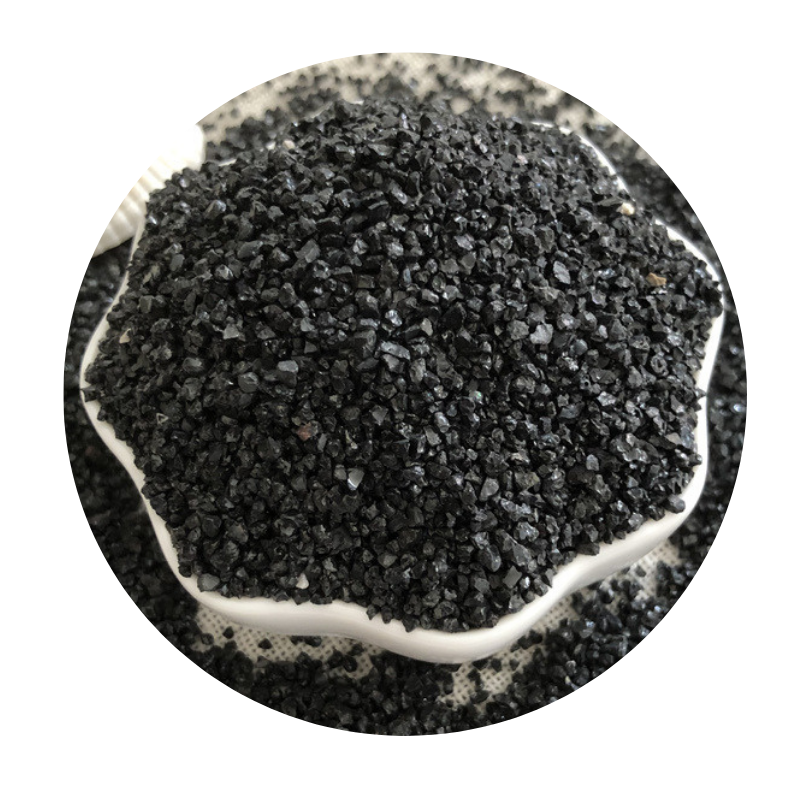
Carborundum has gained immense popularity due to its unique properties and wide range of applications. Its main chemical component, AL2O3, is responsible for its excellent hardness, fracture toughness, and thermal stability. This makes it highly suitable for use as an abrasive material in various industries, including metalworking, automotive, ceramics, and electronics.
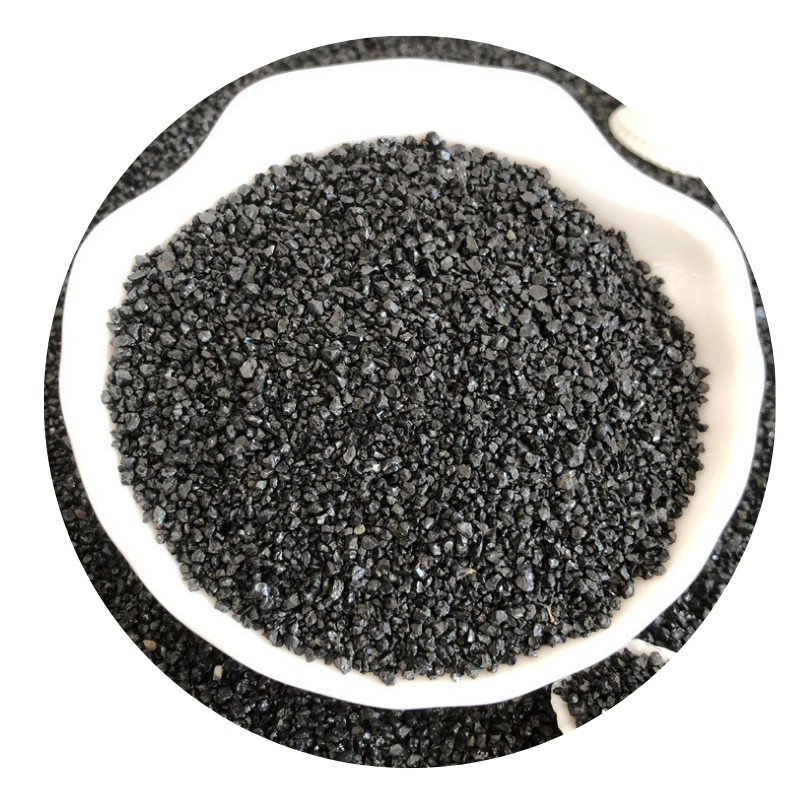
One of the remarkable characteristics of carborundum is its extreme hardness. Its hardness level is comparable to that of diamond, making it an ideal choice for grinding, cutting, and polishing operations. Its abrasive properties allow it to easily remove unwanted materials such as rust, paint, and corrosion from different surfaces. In addition, carborundum's hardness also lends itself well to applications requiring resistance to wear, making it a popular choice for manufacturing grinding wheels, cutting tools, and abrasion-resistant coatings.
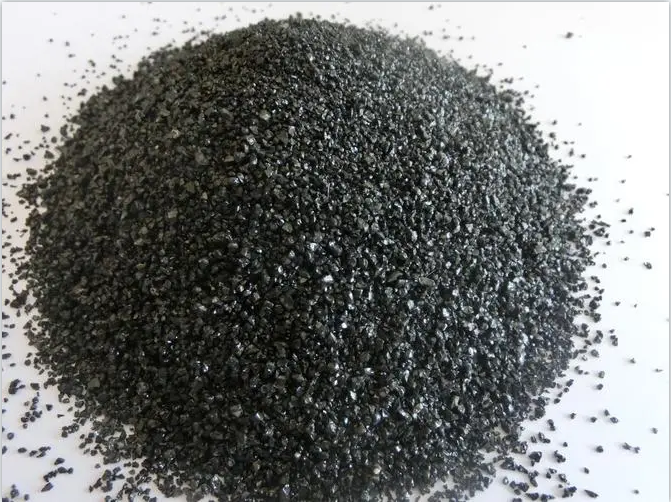
Carborundum's high fracture toughness is another factor that contributes to its widespread use as an abrasive material. The material is capable of withstanding heavy loads and impacts without shattering, which ensures its durability and long lifespan. This property makes carborundum suitable for use in abrasive wheels, sandpaper, and other abrasive products, as it can withstand the forces exerted during the grinding and polishing process.
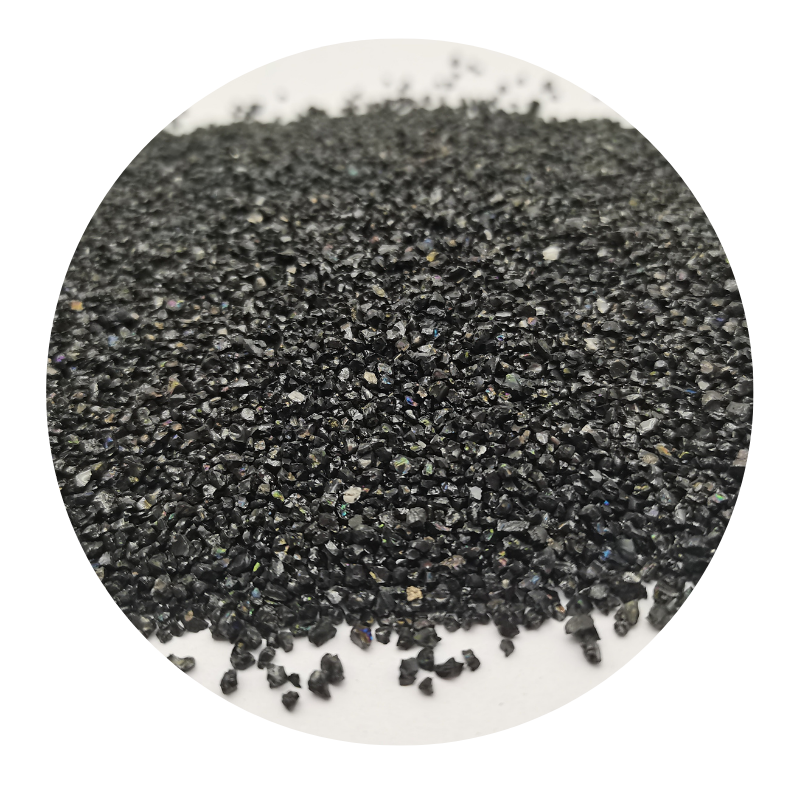
Furthermore, carborundum exhibits excellent thermal stability, allowing it to withstand high temperatures without significant loss in its mechanical properties. This characteristic makes it an ideal material for applications in high-speed grinding, cutting, and polishing operations, as it can efficiently dissipate heat generated during the process. Carborundum's thermal stability also extends its lifespan, ensuring its performance and effectiveness even under extreme conditions.
Carborundum's composition also plays a crucial role in its properties and applications. The addition of small amounts of Fe, Si, Ti, and other elements imparts certain desirable characteristics to the material. For instance, the presence of iron (Fe) enhances carborundum's hardness and improves its cutting performance. Similarly, the inclusion of silicon (Si) enhances its thermal stability and electrical conductivity. These additional elements allow carborundum to be used in diverse applications, including abrasives, refractories, ceramics, and electronic components.
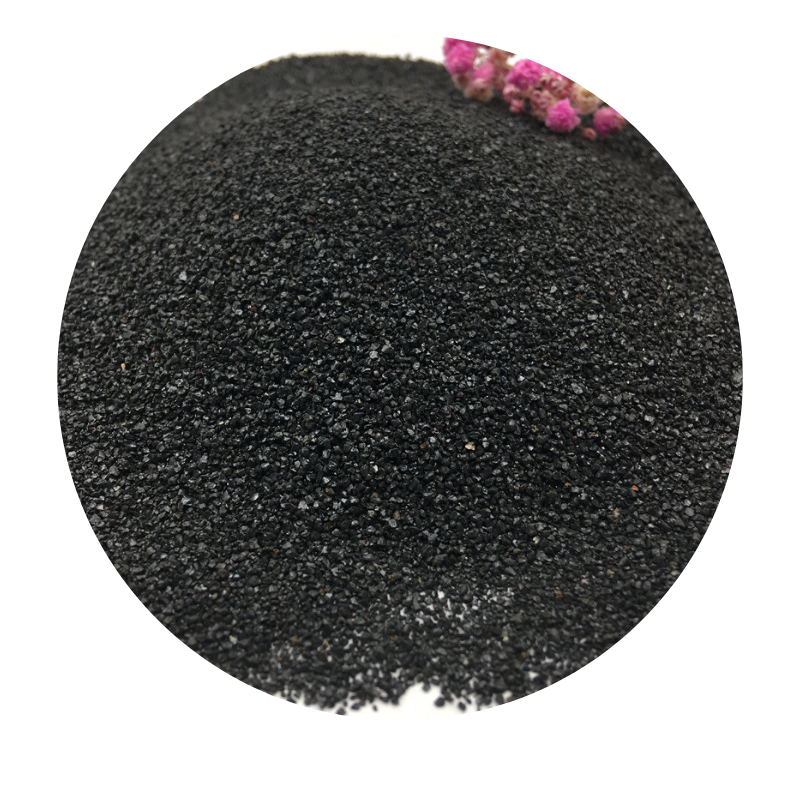
In conclusion, carborundum, or silicon carbide, is a versatile material with exceptional properties that make it highly suitable for use as an abrasive. Its hardness, fracture toughness, and thermal stability ensure its effectiveness in grinding, cutting, and polishing applications. Its composition, consisting of AL2O3 and other elements, further enhances its performance and expands its range of use in various industries. The bright black sand emery offers a high-performance solution for demanding applications, making it an indispensable material in the manufacturing and processing sectors.
Share
-
Chlorolite is obtained from zeolite ore by high temperature sintering and dehydration treatment.NewsMay.24,2024
-
The main component of talc is magnesium silicate containing talc water,NewsMay.22,2024
-
Alumina is a high-hardness compound commonly used in the manufacture of refractory materials.NewsMay.20,2024
-
Hollow glass beads are tiny, hollow glass spheres,NewsMay.16,2024
-
Fused quartz is the amorphous (glassy) state of silicon oxide (quartz, silica).NewsMay.09,2024
-
Vermiculite is a natural, inorganic, non-toxic mineral that expands under high temperature.NewsApr.09,2024






